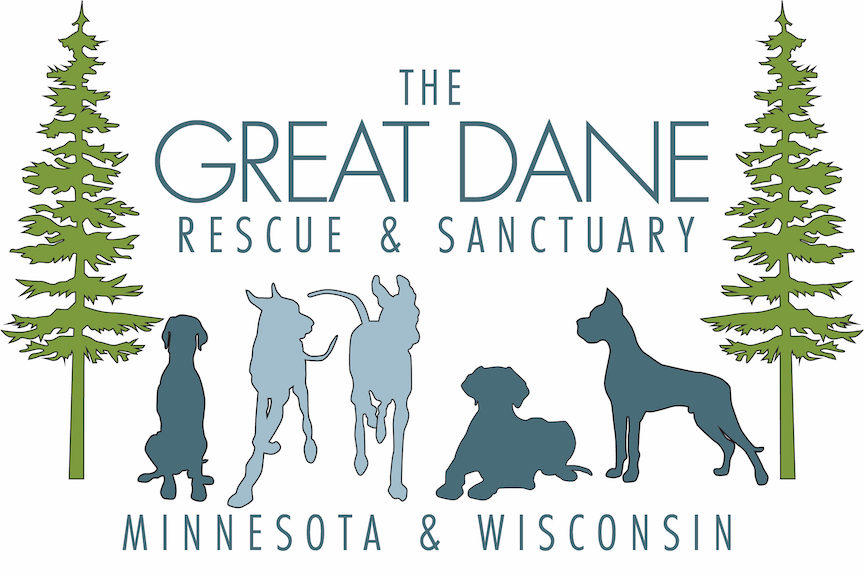Have you ever wished you could claim your Great Dane on your taxes? While you can’t list your beloved pet as a dependent, fostering a dog for a 501(c)(3) rescue organization can provide some surprising tax benefits. If you’ve been considering opening your home to a rescue dog, the tax perks might be the extra nudge you need to take the plunge.
Why Fostering for a 501(c)(3) Matters
When you foster a Great Dane (or any dog) through a recognized nonprofit animal rescue organization with 501(c)(3) status, you’re providing a temporary home and care until the dog finds a permanent family. This generous act not only helps save lives but also allows you to write off certain expenses associated with fostering.
Tax-Deductible Expenses for Fostering
If you foster a Great Dane for a qualifying rescue, you may be eligible to deduct a variety of expenses related to their care. Some of the common tax-deductible expenses include:
1. Pet Supplies
Food, treats, toys, beds, leashes, and other necessary supplies you purchase for the foster dog can be written off as charitable contributions.
2. Veterinary Costs
If the rescue organization does not reimburse you for medical expenses such as vaccinations, check-ups, or medications, these costs may qualify as deductible expenses.
3. Mileage & Transportation
Do you drive to adoption events, vet appointments, or pick up supplies for your foster dog? You can deduct mileage at the standard IRS charitable rate (currently 14 cents per mile, though rates may change). Keep a log of your trips to maximize your deduction.
4. Training & Grooming
If the foster dog requires training or grooming services that the rescue does not cover, you may be able to include these expenses in your tax deductions.
5. Other Necessary Costs
Any other expenses directly related to the care and well-being of your foster Great Dane may be deductible, provided they are not reimbursed by the organization.
Keeping Proper Records
To ensure you qualify for these deductions, keep detailed records of all purchases and expenses, including receipts and mileage logs. The IRS may require documentation, so it’s best to stay organized throughout the year.
Additionally, ask the rescue organization for an acknowledgment letter confirming your volunteer foster work. If you spend more than $250 on unreimbursed expenses, this letter is required for tax filing purposes.
Consult a Tax Professional
While fostering can offer financial benefits, tax laws can be complex. Always consult a qualified tax professional or accountant to ensure you’re claiming deductions correctly and maximizing your benefits.
A Win-Win for You and a Rescue Dog
Fostering a Great Dane isn’t just a rewarding experience—it can also provide financial relief at tax time. If you’ve been on the fence about fostering, knowing that your kindness can also offer tax savings might be the push you need. Not only will you be changing a dog’s life, but you’ll also be making a smart financial decision!
So, why not open your heart and home to a foster Great Dane today? Not only will you have a gentle giant to love, but your tax return may also thank you later!
